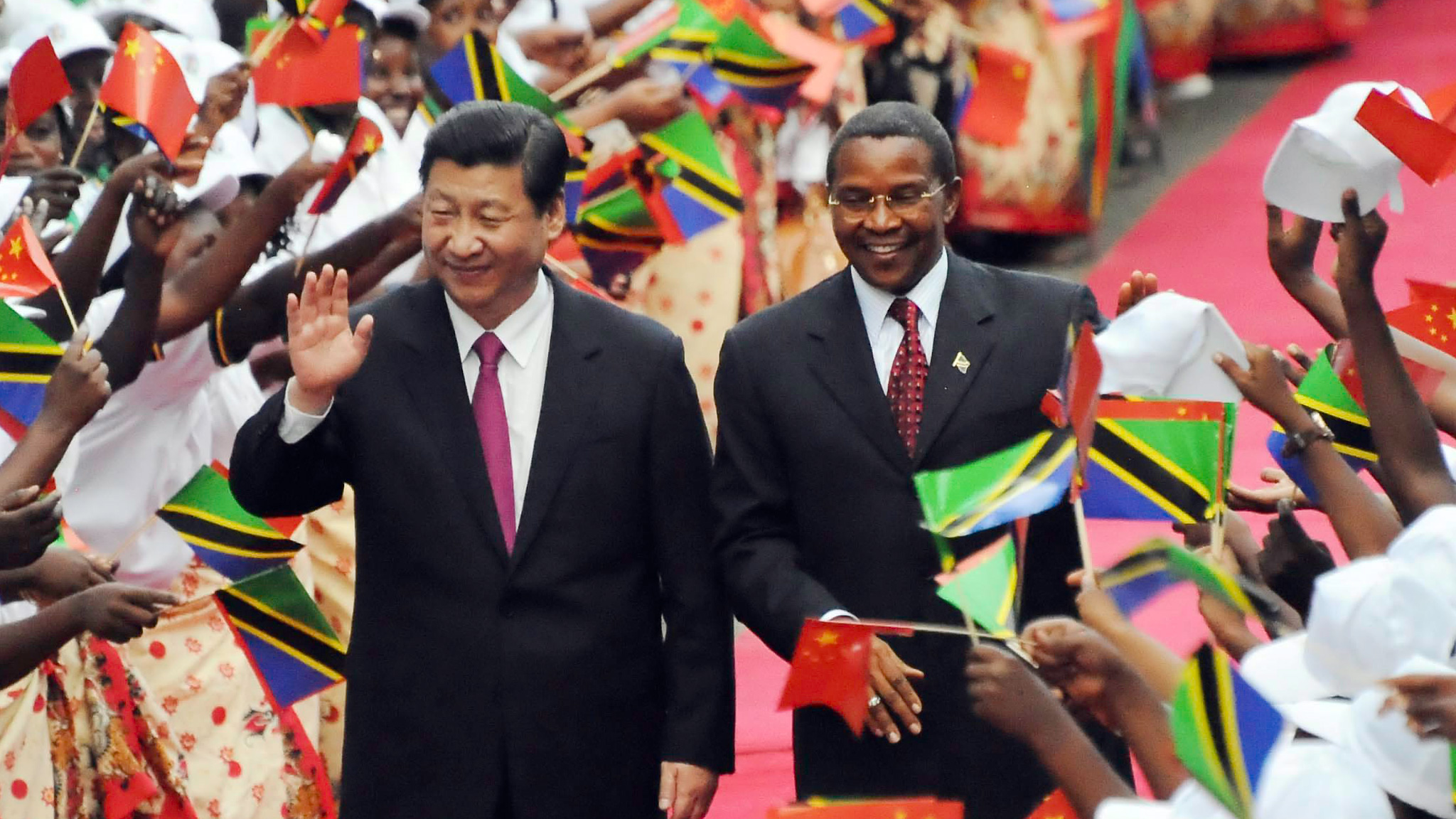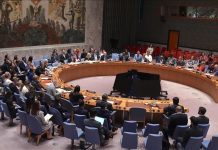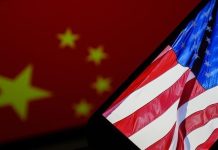
Written by
Faridah N Kulumba
Africa-Press – Tanzania. China could be very far from Tanzania. But, if the Asian country’s current low economic growth rate persists, it could have far-reaching ramifications for Tanzania as well as Africa as a whole.
According to the official data released on 19 october 2021, China’s economic growth slowed by more than expected in the third quarter.
China’s setback
China, which is the world’s second largest economy after the United States, bounced back swiftly from the Covid-19 pandemic.
China’s National Bureau of Statistics spokesman Fu Linghui, revealed that the current international environment uncertainties were mounting and the domestic economic recovery was still unstable and uneven.
According to the figures from NBS, China’s recovery is losing steam, with gross domestic product expanding 4.9 percent on-year. The economy grew only 0.2 percent from the previous three months, the weakest since a historic contraction in the first quarter last year.
How Tanzania can be affected
The Citizen heard from an analyst that China being the largest source of Foreign Direct Investment (FDU) to Tanzania, its low economic growth rate would also impact Tanzania and Africa in general.
A Few years back, China leapefroged it Western peers to become the largest foreign investor in Tanzania, by using Chinese to search for the markets outside the world’s most populous country. Cumulative figures for the period between 1990 and 2017 show that China is leading with investments worth $5.963 billion.
Chian-Tanzania economic ties
From the outset of bilateral relations, China has assisted Tanzania with a variety of economic aid programs. From 2000 to 2011, there were approximately 62 Chinese official development finance projects, which range from the Chinese government’s efforts to launch the Tanzania Agricultural Development Bank, to a loan of $400 million to help alleviate the Kiwira coal mine’s financial problems.
In 2019 China and Tanzania opened a new door of communication aimed at enhancing economic and trade cooperation, especially on investment and financing.
According to the statistics from Tanzanian Investment Center, by the end of August 2012, there had been more than 300 Chinese companies investing in Tanzania’s infrastructure, agriculture, manufacturing and Small and Medium Enterprises development with a total registered capital of over $1 billion.
Official data has it that the bilateral volume between Tanzania and China in 2020 was $4.587 billion, thus registering a 9.98 percent year-on-year growth.
Worries
Dr Abel Kinyondo, an economist at the University of Dar es Salaam, is worried that the slow economic growth is a bad thing because, in the past decade, it has been driving the world economy in the forms of loans, grants and investments in infrastructure. In his opinion, China’s slow economic growth will lower their aggressiveness in investing elsewhere and thus taking down FDI, corporate tax. employment and transfer of technology.
Prof Delphin Rwegasira, of the University of Dar es Salaam’s Economics Department says that, given China’s importance in the global economy, and its healthy demand for anything from commodities to machinery, any downturn is likely to have far-reaching effects.
A business expert and economist, Mr Donathan Olomi, said China’s slow economic growth was likely to affect its investment power and appetite in Tanzania and Africa at large. However, she said it is too early to jump to conclusions. But, if the situation persists, Africa will be adversely affected.






